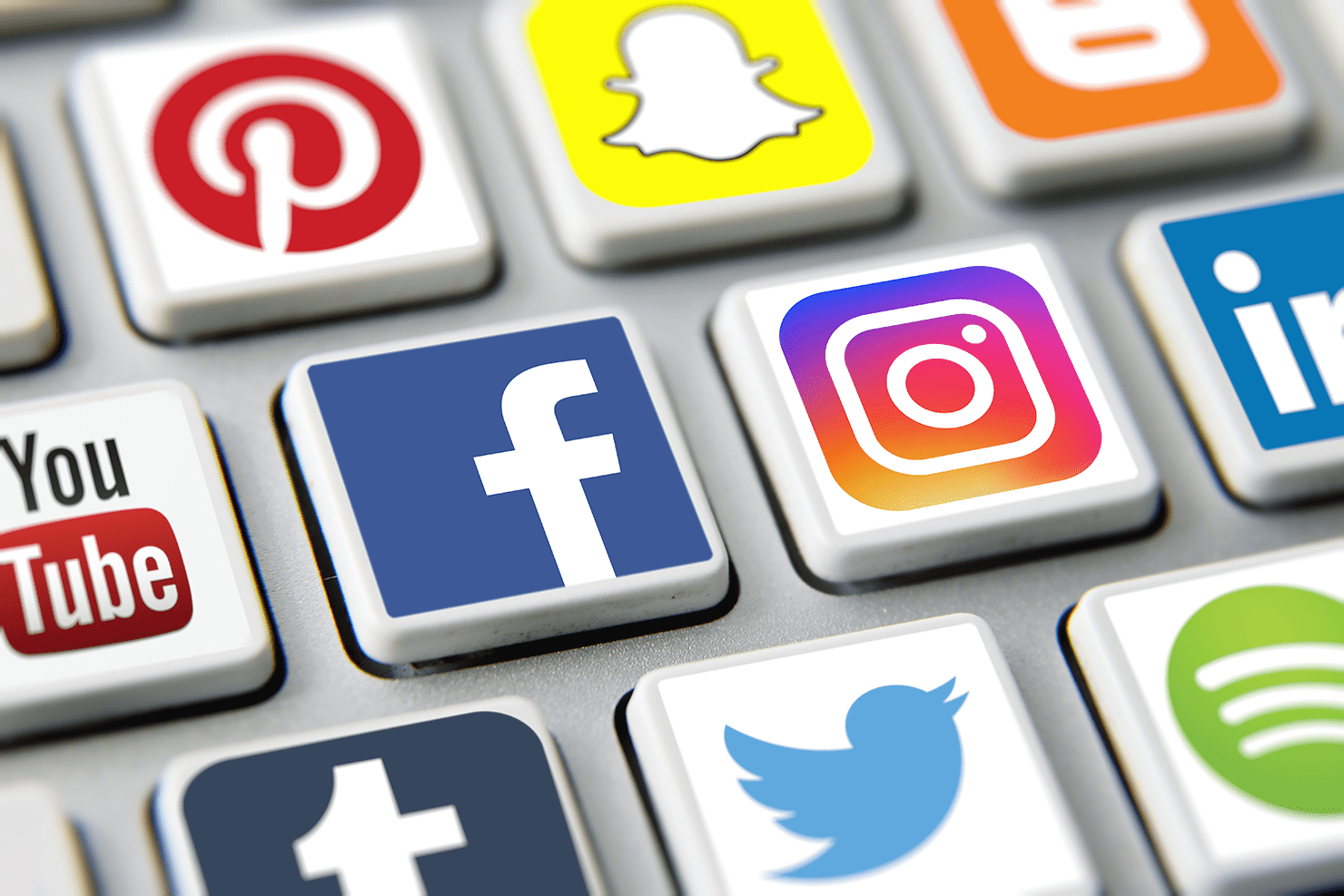
SINCE the advent of technology, particularly the internet, the world has been transformed into a global village where communication is instantaneous.
With a single click of a button, one can reach audiences across continents.
Social media platforms such as Facebook, X (formerly Twitter), Instagram, LinkedIn, TikTok and WhatsApp have redefined how people interact, access information, and share their thoughts.
Businesses have also leveraged on these platforms to market products and services, build brands and connect with consumers in ways unimaginable a few decades ago.
For individuals, social media has created new careers and revenue streams, giving rise to influencers who earn a living through brand endorsement and online engagements.
However, this digital revolution comes with its own risks and one of the most important is the question of digital footprints — the trail of data that individuals leave behind whenever they engage online.
Every like, share, post, comment or image upload becomes part of one’s permanent online identity.
This is where caution becomes critical, because while the internet is fast, accessible and seemingly forgiving, it never forgets.
- Accident, piracy affected my career: Zembe
- Kim Jayde revels in SA award nomination
- Building narratives: Chindiya empowers girls through sports
- Public relations: Which innovations are driving PR in 2022 and beyond?
Keep Reading
In today’s interconnected society, what you post online can either work in your favour or against you, sometimes with lifelong consequences.
Recruiters, for instance, no longer rely solely on CVs and cover letters to assess job applicants.
Increasingly, they turn to social media profiles to gauge a candidate’s character, interests and behaviour.
A post made in haste or a picture shared without thought can become the difference between being shortlisted for a dream job or being dismissed at the first stage of vetting.
Employers want individuals who not only meet technical qualifications but also uphold the values and integrity of their organisations, and one’s online conduct often becomes a window into one’s true self.
The implications of digital footprints extend beyond employment.
Governments and immigration departments are also paying close attention.
In some countries, visa applications undergo rigorous scrutiny that includes examining an applicant’s social media activities.
Authorities are keen to detect signs of extremist tendencies, questionable affiliations or patterns of behaviour that may pose risks to security or social harmony.
Thus, even when someone assumes their posts are harmless, jokes or expressions of frustration, may be interpreted differently in the context of international vetting.
Another dimension of the digital footprint is the rise of viral content and memes.
Pictures, videos or statements posted casually can quickly be lifted, edited and circulated across platforms, often without the consent of the originator.
What may start as a private or light-hearted moment can end up as a trending meme, sometimes subjecting individuals to ridicule, embarrassment or reputational harm.
The challenge is that once content goes viral, it is virtually impossible to erase it completely.
Deleting a post does not guarantee its disappearance; someone may already have saved or shared it elsewhere.
Beyond reputational and professional risks, there are also mental health considerations.
Many young people struggle under the pressure of curating a “perfect” online life.
Some fall into depression, anxiety or self-esteem issues when their digital footprints are used against them, either through cyberbullying, trolling or public shaming.
In extreme cases, lives have been destroyed or even lost due to the weight of online harassment tied to past digital actions.
Does this mean people should stop using social media altogether? Certainly not.
Social media remains one of the most powerful tools of our time, fostering innovation, education, business growth and global interconnectedness.
What it means is that users must cultivate responsible digital citizenship.
Every post should be approached with mindfulness: “Would I be comfortable if this resurfaced five years from now? Would I be proud if my employer, parent or child saw this?”
These questions may appear simple, but they are powerful in guiding online behaviour.
Practical steps can also help in safeguarding one’s digital identity.
Users should frequently review their privacy settings, limit the sharing of sensitive personal information and think twice before engaging in heated online debates or posting controversial material.
It is also advisable to separate personal and professional accounts where possible, with the latter reflecting a more polished, career-conscious image.
Importantly, people must remember that online platforms are not private diaries; they are public stages where the world is watching.
The reality of the 21st century is that our digital footprints are as significant as our physical identities.
A good reputation, once tainted online, is difficult to restore.
The internet has made it possible for mistakes to follow people indefinitely, sometimes resurfacing at the least convenient times.
Social media posts can haunt people to their graves.
Therefore, prudence, self-control, and foresight are virtues we must exercise as we navigate the digital age.
In the end, our digital footprints reflect not only who we are but also who we aspire to be.
They are part of the legacy we leave in an increasingly online world.
Let us use the power of technology to build, inspire and connect positively, while remaining vigilant about the trails we leave behind.
For, indeed, the internet never forgets, but it can remember us for the right reasons if we are careful.
Cliff Chiduku is the director of marketing, information and public relations at Manicaland State University of Applied Sciences in Mutare. He writes in his personal capacity. Feedback: Call/App +263775716517.










